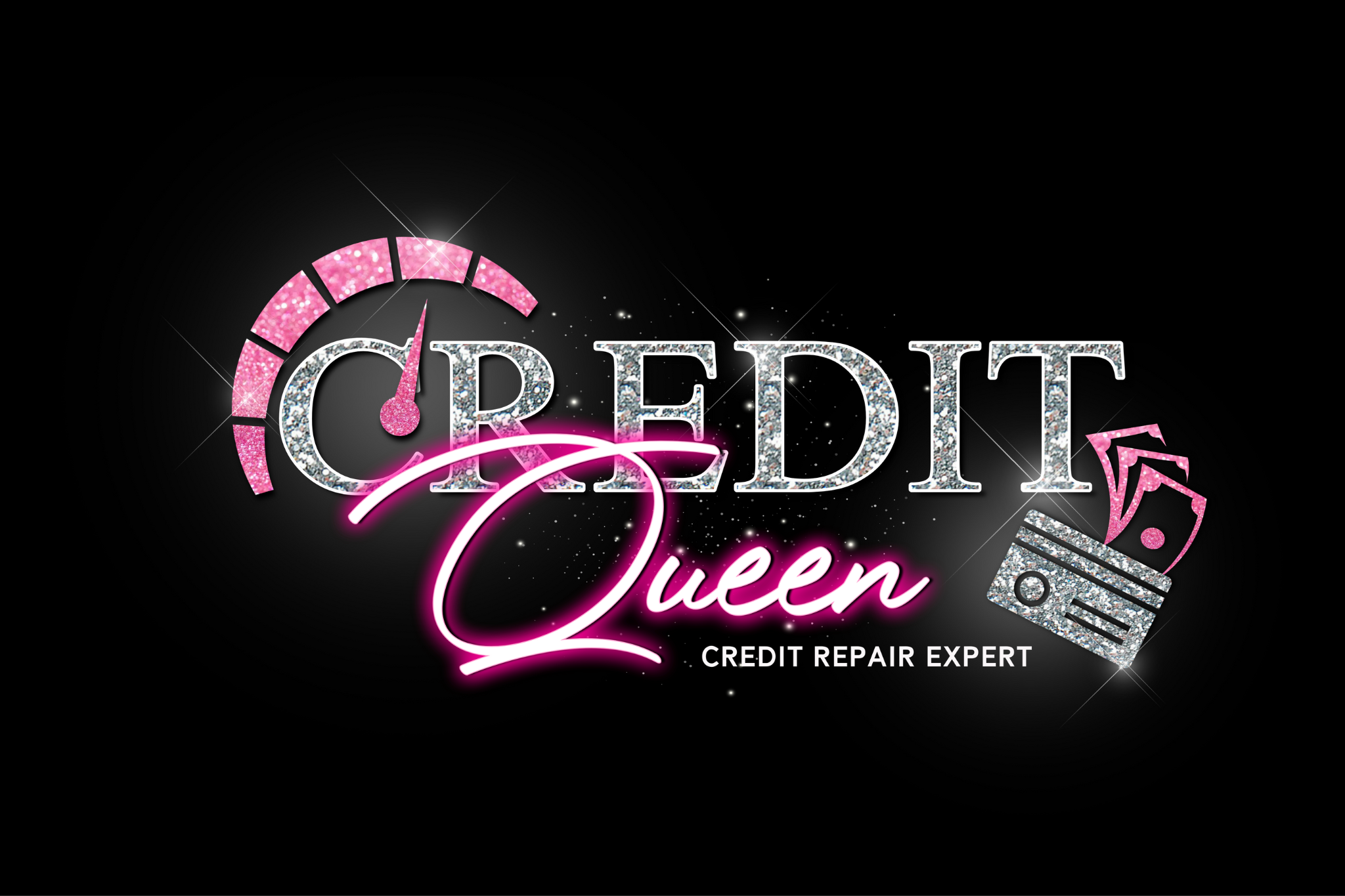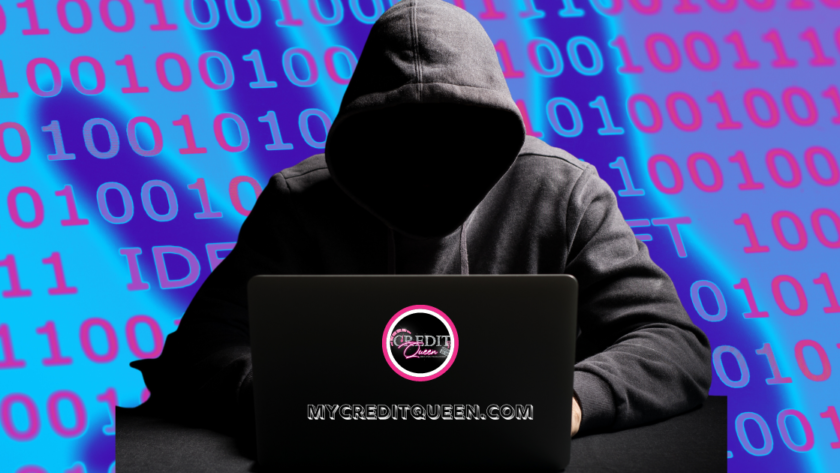In the interconnected digital era, where personal information is exchanged at the click of a button, the fear of identity theft looms large. The rise of cybercrime has made our identities vulnerable, leaving many in the crosshairs of malicious actors seeking to exploit personal information for financial gain.
As a seasoned credit expert, I’m here to guide you through the maze of identity theft, offering insights, strategies, and solutions to safeguard your financial well-being.
Understanding the Enemy: What is Identity Theft?
Identity theft is not merely a buzzword; it’s a malevolent force that can turn your life upside down.
Imagine someone gaining unauthorized access to your personal information—social security number, bank details, credit card information, and more—using it to commit fraud, make unauthorized purchases, or even apply for loans in your name.
The aftermath can be financially devastating, tarnishing your credit history and causing a cascade of problems that may take years to rectify.
Examples of Identity Theft: Real-Life Nightmares
Let’s delve into the real-world scenarios that victims of identity theft have faced:
- Financial Impersonation: Janet, a hardworking professional, discovered mysterious transactions on her bank statement. A cybercriminal had accessed her account, siphoning funds for weeks before she noticed.
- Medical Identity Theft: Matthew received a bill for medical services he never received. Someone had used his identity to access healthcare, leaving him with a bureaucratic nightmare and potential health risks due to inaccurate medical records.
- Tax Identity Theft: Syriah filed her tax return, only to discover that someone had already filed using her information. This not only delayed her tax refund but triggered an IRS investigation.
Strategies to Protect Your Identity: Fortify Your Defenses
Strategy for protecting my identity
- Monitor Your Accounts: Regularly check your bank statements, credit card transactions, and other financial accounts. Swift detection is the key to minimizing damage.
- Bolster Password Security: Create strong, unique passwords for each of your accounts. Consider using a reputable password manager to keep track of complex combinations.
- Beware of Phishing: Cybercriminals often use phishing emails to trick individuals into revealing sensitive information. Be cautious of unexpected emails requesting personal details and verify the sender’s legitimacy.
- Secure Your Social Security Number: Treat your social security number like a crown jewel. Only share it when absolutely necessary, and be wary of requests for this information, especially online.
- Shred Sensitive Documents: Dumpster diving is a classic method for identity thieves. Shred documents containing personal information before disposing of them.
What To Do If You’re a Victim: The Road to Recovery
- Act Quickly: If you suspect identity theft, act promptly. Contact your bank, credit card companies, and relevant authorities to report the incident.
- Place Fraud Alerts: Inform credit bureaus (Equifax, Experian, TransUnion) and place fraud alerts on your credit reports. This adds an extra layer of protection against further fraudulent activities.
- File a Police Report: In cases of severe identity theft, filing a police report is crucial. This document can serve as evidence when disputing fraudulent transactions.
- Dispute Unauthorized Transactions: Work closely with your financial institutions to dispute unauthorized transactions. Provide any evidence you have of the fraud.
- Update Security Measures: Strengthen security measures on your accounts. Change passwords, enable two-factor authentication, and consider freezing your credit temporarily.
Credit Repair: Rebuilding the Foundations
- Check Your Credit Report: Obtain a copy of your credit report and scour it for inaccuracies resulting from identity theft. Dispute any discrepancies with the credit bureaus.
- Establish Good Credit Habits: Consistently pay bills on time, reduce credit card balances, and avoid opening unnecessary accounts. Positive financial behavior can gradually restore your creditworthiness.
- Consider Professional Help: Credit repair services can assist in navigating the complexities of the credit reporting system. Research reputable firms and choose one with a track record of success.
- Monitor Your Credit Score: Regularly monitor your credit score to track improvements and identify potential red flags. Many credit monitoring services offer real-time alerts for suspicious activities.
- Be Patient: Rebuilding credit takes time. Patience is vital as you work through the process; consistent efforts will yield positive results.
Additional Insights
- Insurance Against Identity Theft: Some companies offer identity theft insurance, providing financial protection and assistance in the event of an identity theft incident.
- Educate Yourself: Stay informed about the latest identity theft trends and cybersecurity best practices. Knowledge is a powerful tool in the fight against cybercrime.
- Legal Protections: Familiarize yourself with the legal protections available to identity theft victims. Laws like the Fair Credit Reporting Act (FCRA) provide rights and mechanisms for addressing identity theft.
Let’s dive deeper into a few more aspects of identity theft, credit repair, and additional preventative measures.
Advanced Strategies for Identity Theft Prevention
- Virtual Private Networks (VPNs): Consider using a VPN to encrypt your internet connection. This adds an extra layer of security, especially when using public Wi-Fi networks where cybercriminals may lurk.
- Biometric Authentication: Leverage biometric authentication methods like fingerprint or facial recognition whenever possible. These are more secure than traditional passwords.
- Regular Credit Reports: Beyond responding to incidents, make it a habit to check your credit reports regularly. Annual credit reports are available for free, allowing you to spot and address any irregularities promptly.
- Secure Your Mail: Mail theft is a common method for identity thieves to obtain personal information. Use secure mailboxes or consider opting for electronic statements to reduce the risk.
The Dark Web and Identity Theft
Dark web hacker
The dark web is a clandestine corner of the internet where illegal activities, including the sale of personal information, thrive.
Monitoring the dark web for signs of your personal data being sold can be an advanced but effective strategy.
Services exist that actively scan the dark web for your personal information.
By subscribing to such services, you can receive alerts if your data appears in places it shouldn’t.
New Frontiers in Identity Theft
As technology evolves, so do the tactics of identity thieves. Two emerging threats are worth noting:
- Synthetic Identity Theft: In this method, thieves create entirely new identities using a combination of accurate and fabricated information. Monitoring your credit for anomalies and inconsistencies is crucial in detecting synthetic identity theft.
- Mobile Identity Theft: With the increasing use of smartphones, mobile identity theft is on the rise. Be cautious about the apps you download, regularly update your phone’s operating system, and consider using additional security features like biometric authentication.
Enhanced Credit Repair Techniques
- Negotiating with Creditors: If you’re struggling with payments, consider negotiating with creditors. They may be willing to work with you, especially if they understand your situation and your commitment to resolving the issue.
- Debt Settlement: In some cases, negotiating a settlement with creditors may be an option. A settled account is better for your credit than an unresolved delinquency.
- Seek Professional Advice: Credit repair is complex, and professionals can provide personalized guidance. Credit counseling agencies can advise on managing debts, and credit repair companies can assist in disputing inaccuracies.
Building a Secure Digital Presence
- Social Media Awareness: Be mindful of the information you share on social media. Cybercriminals often use personal details gleaned from social platforms for targeted attacks.
- Multi-Factor Authentication (MFA): Implement MFA wherever possible. This adds an additional layer of protection, requiring more than just a password for account access.
- Educate Your Family: Extend your knowledge to your family members. Identity theft can impact anyone in your household, so ensuring everyone practices good cyber hygiene is crucial.
The Psychological Toll of Identity Theft
Beyond the financial implications, identity theft can take a significant emotional toll. Victims often report feelings of violation, anxiety, and mistrust.
Seeking support from friends, family, or professional counselors is essential in coping with the emotional aftermath.
In conclusion, the battle against identity theft is an ongoing and evolving process. By staying informed, employing advanced preventative measures, and adopting a resilient mindset, you can fortify your defenses against this pervasive threat. Remember, proactive measures are the strongest shields in the war against identity theft.
About the Author
Meet Ashley Effinger, the Credit Queen and FreedomPath Advisor! Digital marketing royalty, I’m all about conversions and changing lives! By day, I improve credit scores, learn budgeting tricks, and build lasting wealth with my guidance. By night, I’m a rockstar wife and a supermom of 5 amazing kiddos! When not slaying credit myths, I indulge in my passions: reading, jet-setting, and sipping smoothies! Follow me for credit tips and a dose of laughter!
Drop me a line (say hi, ask a credit repair question, fan out, etc.): badcreditisexpensive@gmail.com
Ready to get started fixing YOUR credit? ashley@mycreditqueen.com
Let’s Connect on  Social
Social
LinkedIn: Ashley Effinger
Pinterest: @badcreditisexpensive
Instagram: @badcreditisexpensive
Youtube: @BadCreditIsExpensive
Twitter: @creditqveen
Facebook: @badcreditisexpensive
TikTok: @badcreditisexpensive
Medium: Ashley Effinger | Subscribe




















